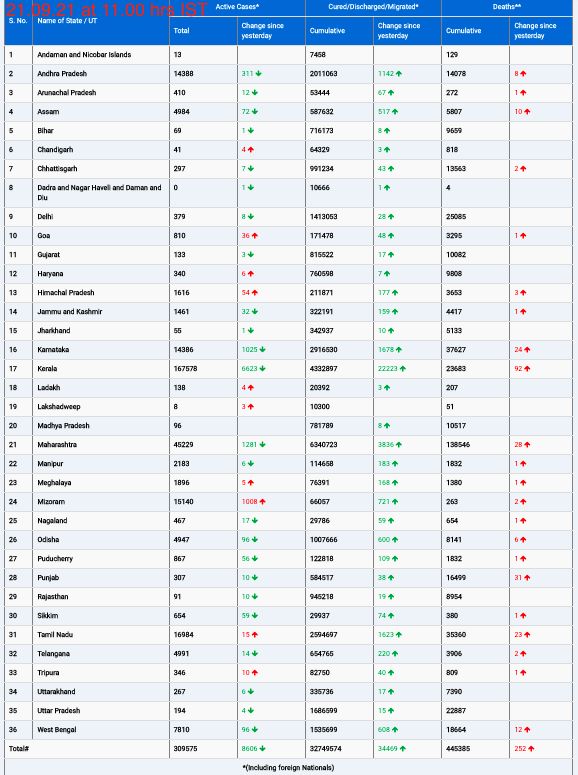Scientists have discovered a gene that, when impaired or missing, can lead to obesity, behavioral problems, and postnatal depression, with significant implications for potential treatments. The study, published in Cell, highlights the role of oxytocin as a possible therapy, supported by findings from research on mice.
Global Health Concerns
Obesity and postnatal depression are pressing health issues worldwide. Postnatal depression affects over one in ten women within a year of childbirth and is linked to increased suicide risk, accounting for up to one in five maternal deaths in high-income countries. Meanwhile, global obesity rates have more than doubled among adults and quadrupled in adolescents since 1990, according to the World Health Organization.
The Genetic Link
Researchers from the University of Cambridge and Baylor College of Medicine studied two boys with severe obesity, anxiety, autism, and behavioral issues. They discovered that both boys were missing the TRPC5 gene, located on the X chromosome. The boys inherited the gene deletion from their mothers, who also experienced obesity and postnatal depression.
Animal Model Findings
To confirm the gene’s role, scientists created genetically engineered mice with a defective TRPC5 gene. Male mice exhibited similar symptoms to the boys, including weight gain, anxiety, antisocial behavior, and aggression. Female mice showed the same behaviors and, when they became mothers, also displayed depressive behavior and poor maternal care. However, non-mother female mice with the mutation did not show depression-like behavior.
Oxytocin Neurons and Behavioral Regulation
TRPC5 is part of a gene family involved in sensing heat, taste, and touch. It acts on a pathway in the hypothalamus, which regulates appetite. The researchers found that TRPC5 influences oxytocin neurons, which produce the “love hormone” oxytocin, linked to affection, bonding, and emotion. Mice missing the gene in these neurons exhibited anxiety, overeating, and social issues. Restoring the gene reduced these symptoms and improved maternal care.
The study also found that TRPC5 affects POMC neurons, crucial for weight regulation. Variants of the TRPC5 gene were linked to higher body mass index in an analysis of 500,000 UK Biobank DNA samples.
Implications for Treatment
The findings suggest that oxytocin could help treat people with defective TRPC5 genes and mothers with postnatal depression. Small trials have indicated oxytocin’s role in depression and maternal care, and this study’s results support the need for larger, multi-center trials.
Conclusion
Professor Sadaf Farooqi from the University of Cambridge emphasized that this research provides significant insights into postnatal depression and suggests oxytocin as a potential treatment. The study underscores the biological basis of behaviors like eating, anxiety, and depression, advocating for greater understanding and compassion for those affected by these conditions.
For more information, refer to the study: “Loss of Transient Receptor Potential Channel 5 Causes Obesity and Postpartum Depression” in Cell (2024), DOI: 10.1016/j.cell.2024.06.001.











